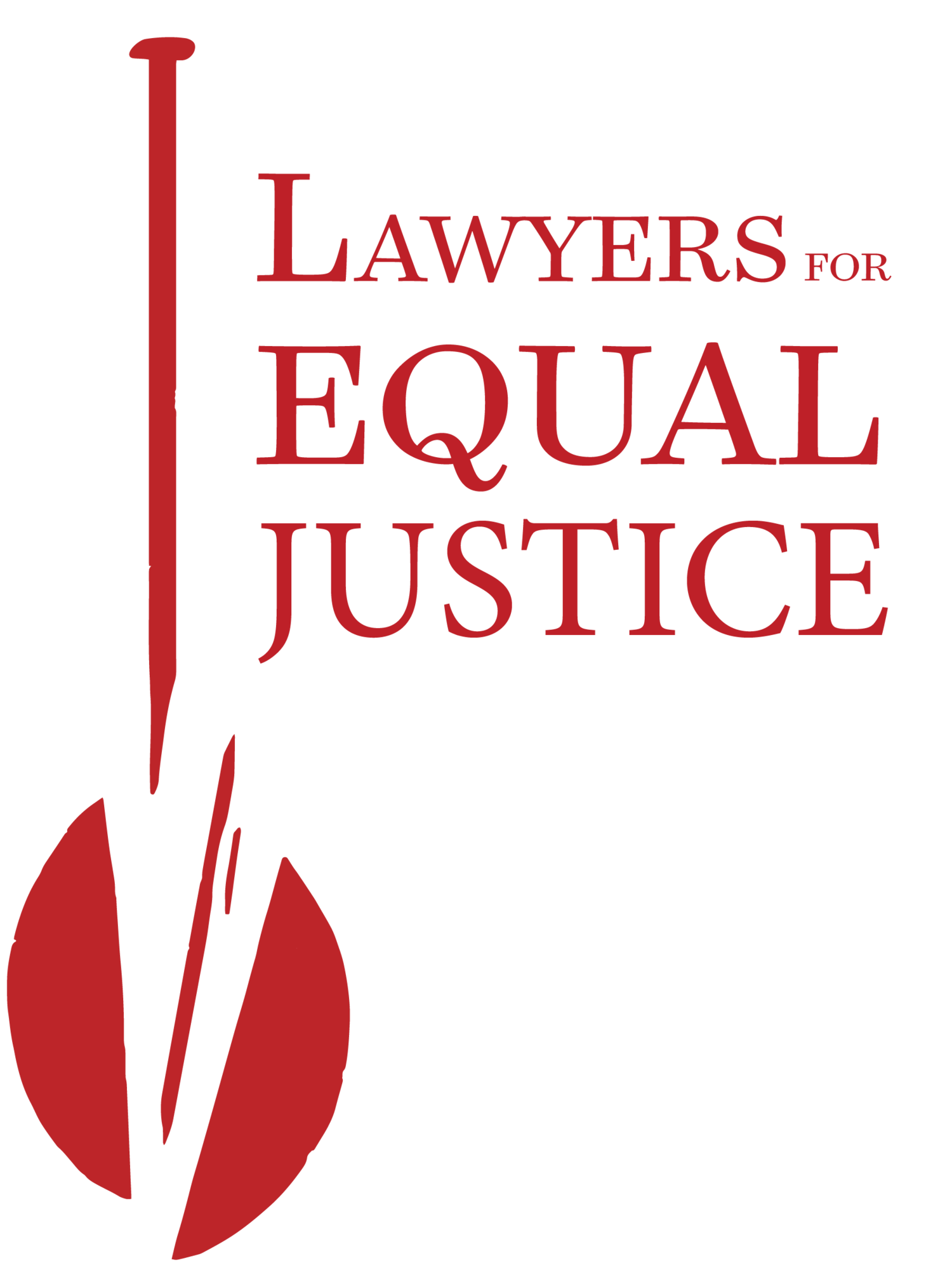What we must talk about when we talk about housing
Like child labor laws, the minimum wage and workplace safety regulations, housing is a basic right.
When we talk about housing, we talk about it in terms of the market. We talk about housing supply and housing demand and interest rates and mortgages. We talk about high rents and housing developments. We talk about these things as if they are immutable facts of life.
We grouse about rising costs and tightening budgets, but at the end of the day, we accept the fundamental premise of the market: that the housing we get is the housing we deserve, that people who lose their housing bring it on themselves, that those who lack housing could get it if they only tried hard enough.
When we talk about housing in these terms, we talk about housing as if it is an issue devoid of moral content. The market is, in our collective imagining, amoral. It is neither good nor evil; it is a self-regulating force of nature that delineates the realm of the possible. Rents will keep rising. Tenants who can’t pay will be evicted. So it goes.
This is not the only way to talk about housing. Housing is not just a good, exchanged in transactions between producer and consumer. Housing is something more: It is a basic need of every human being. This is not to say that market forces don’t exist or that economic realities don’t need to be confronted. They do, and they must.
It is to suggest, however, that a paradigm shift is in order. We could—we should—talk about housing differently. We should talk about housing as a right.
